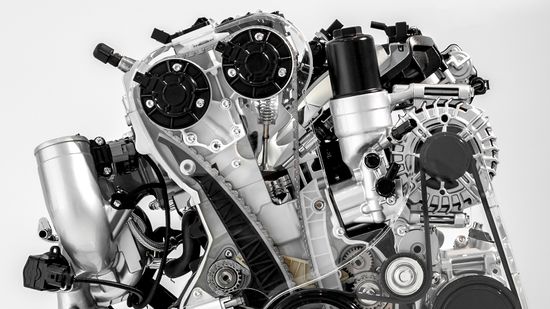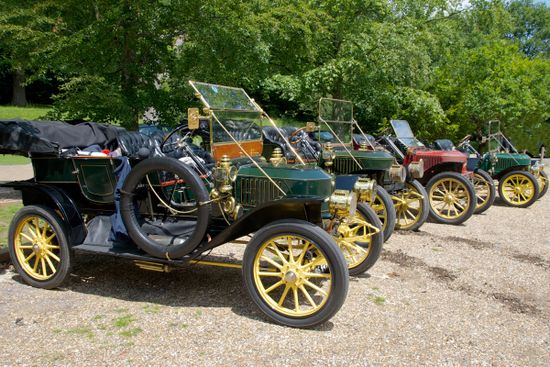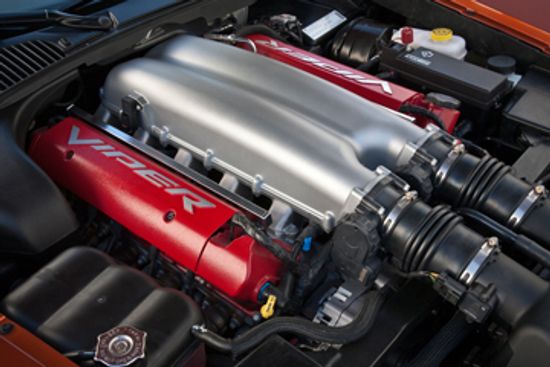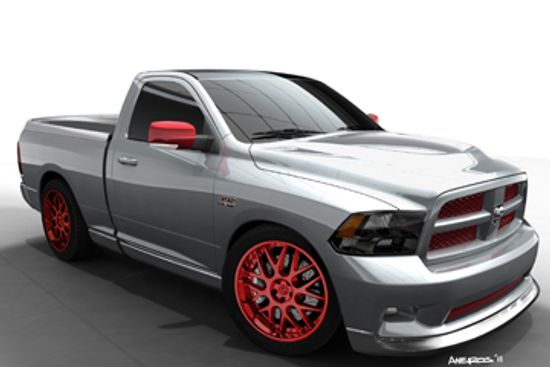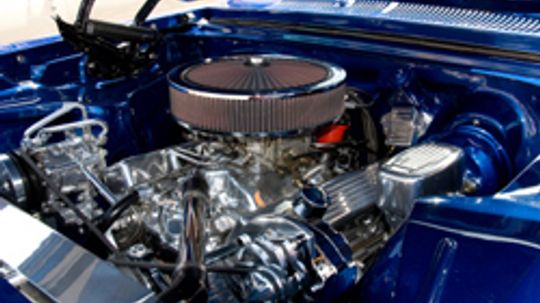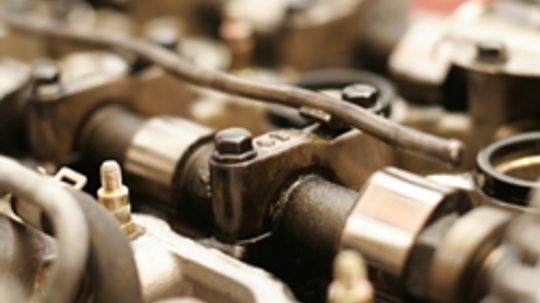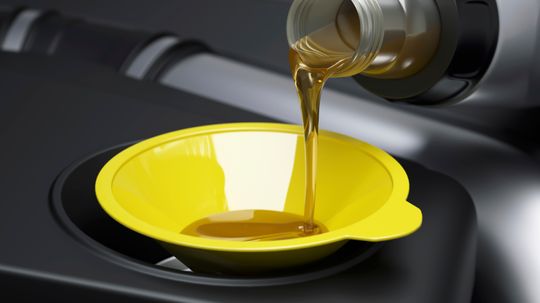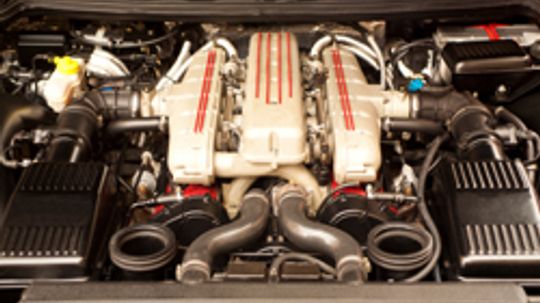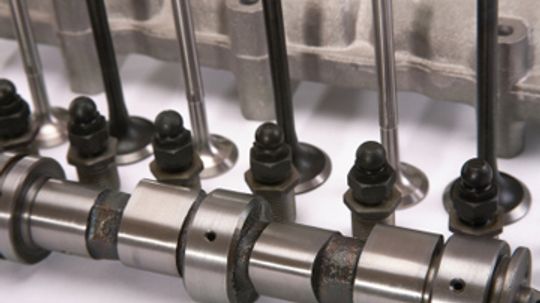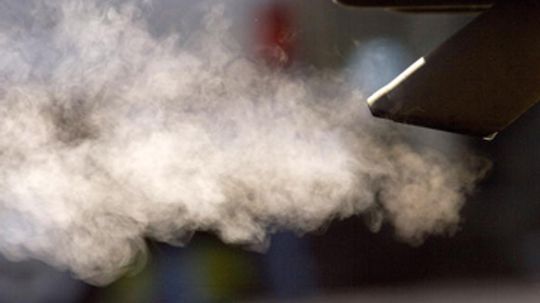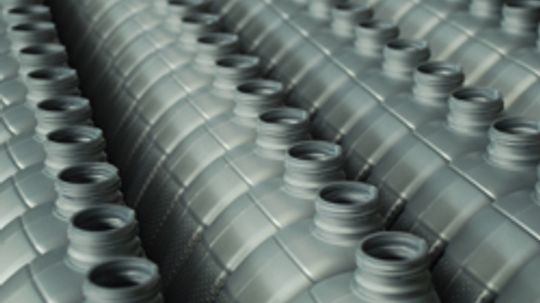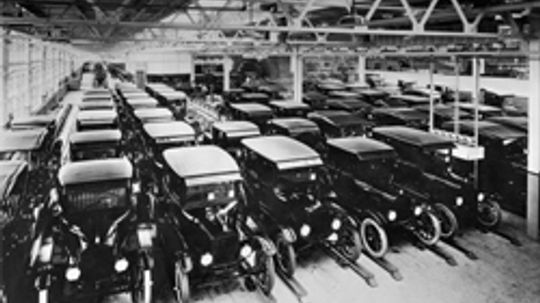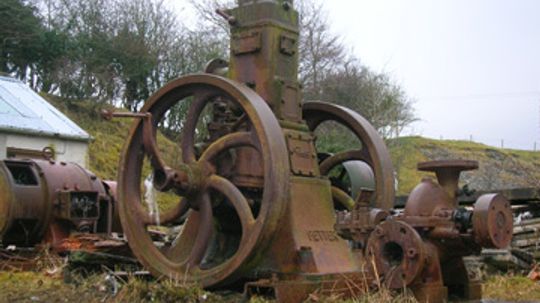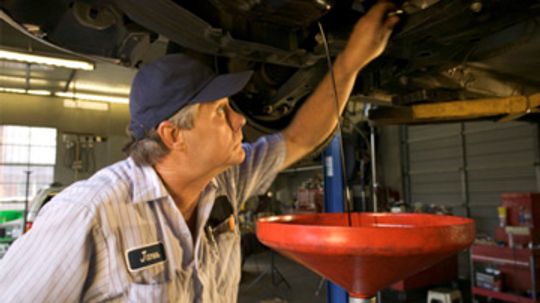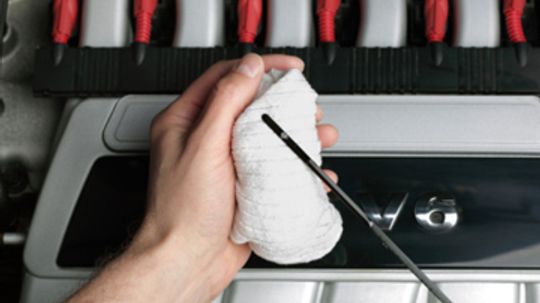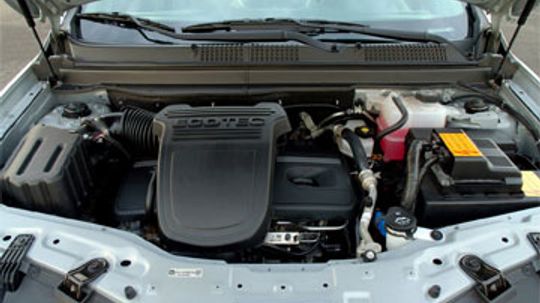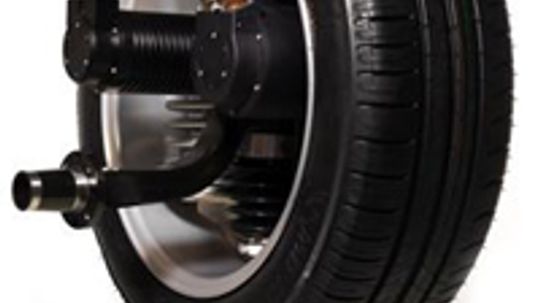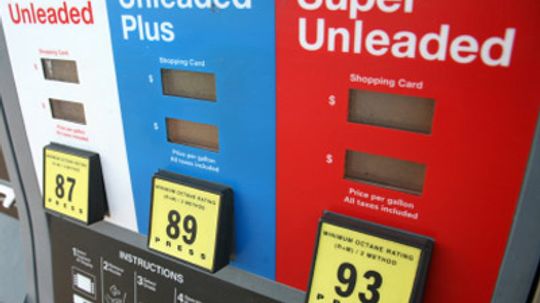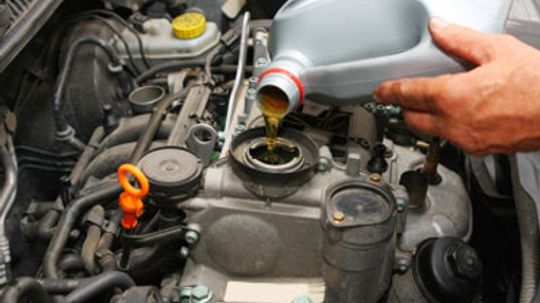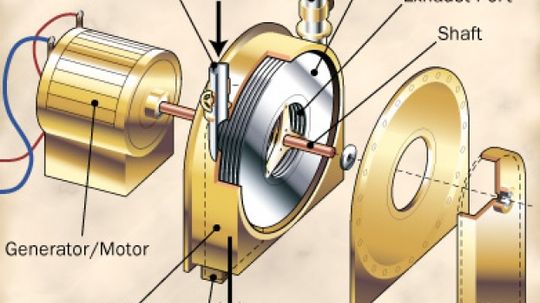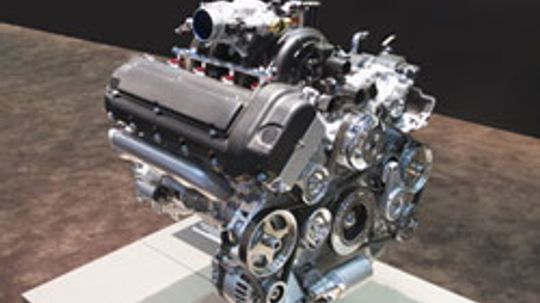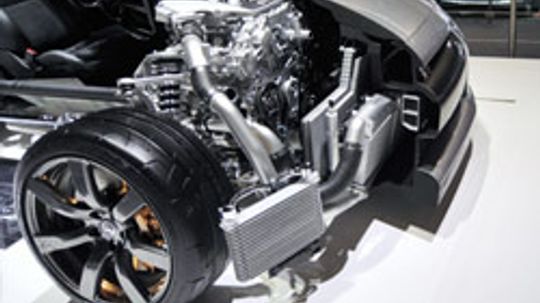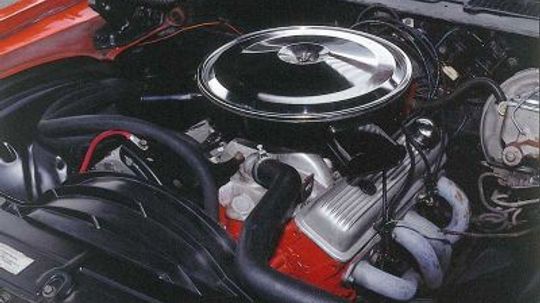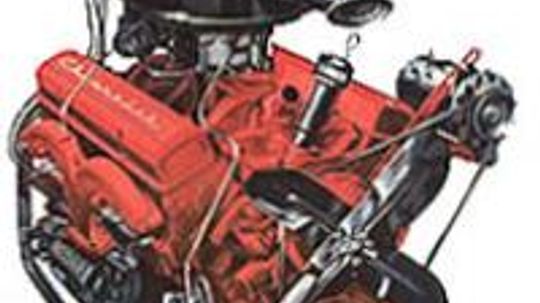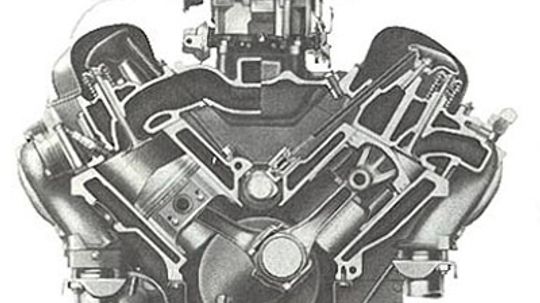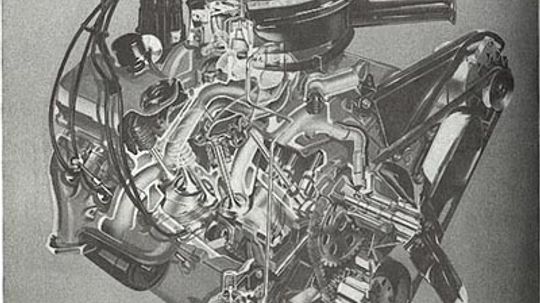Car Engine Information
The Car Engine Information Channel explores engine performance, maintenance and new fuel technologies. Learn how car engines work.
Learn More / Page 3
Most drivers know that an engine needs a check-up every now and then. In fact, all engines require regular maintenance to remain in good condition. But do you know how to proactively protect your engine?
Poor diet and lack of exercise cause sticky deposits called cholesterol to block our arteries. But what's the culprit behind oil gumming up our engine? What are the clues an engine is harboring oil deposits?
Heat is your engine's worst enemy. In fact, internal heat can cause a chemical reaction in motor oil that causes its viscosity to change. Do you know the steps you can take to prevent thermal breakdown?
Advertisement
The same basic principles of early car engines still apply today -- combustion of air and fuel create rotational force to move a car. But how have modern car engines evolved to meet the needs of today's drivers?
Most drivers know their engine needs oil just like it needs gasoline, but how much, what kind and how often to add it can seem like a mystery. Could you benefit from learning the basics of engine oil?
Internal combustion engines are notoriously inefficient to begin with; and friction is one of the factors that further reduce that already low efficiency. But does friction really affect gas mileage?
Soot buildup is common in diesel engines; however, it's a frequent misconception that soot doesn't occur in gasoline engines. It does. Excessive soot could simply signal the need for an oil change, or it could indicate other underlying problems.
Advertisement
Everyone knows that cars and trucks need engine oil in order to operate smoothly. But most people also know a few "facts" about engine oil that aren't necessarily true. Can you separate fact from fiction?
For more than 150 years, automotive engineers have been continually working on ways to refine and improve the internal combustion engine. These are 10 of the biggest and most significant engine improvements of all time.
When used correctly, oil provides a number of benefits for the way your engine functions. Wouldn't it be nice to know exactly how much oil your car's engine needs to be filled to its capacity?
Today, hot bulb engines are a mainstay for serious antique engine collectors and represent a historic landmark in the evolution of gas engines. Efficient, simple and robust -- hot bulb engines had it all.
By Eric Baxter
Advertisement
Without frequent oil changes, dirt and sludge can build up in your car's engine. But when it's "time" for an oil change, why is it important to select a high-quality motor oil?
There's a popular belief that switching between mineral oil and synthetic oil in your car's engine is a no-no. Some say it'll cause leaky seals and internal engine damage. So is it a myth or a reality?
It took researchers years to create quality synthetics that outperformed conventional oils, but there's little doubt that synthetics are now superior in most scenarios. What makes synthetic oil better?
You may think your dreams of fuel economy can be fulfilled only by a car with a diesel engine, but direct injection engines offer another option for high efficiency and performance. How do they differ from standard gas engines?
Advertisement
It's possible that someday there may be no need for a lot of the components that you currently find under the hood of a car or truck. That is, if the vehicle is equipped with in-wheel electric motors.
If you own a luxury or performance vehicle, then you know how expensive it can be to fill the fuel tank with premium gasoline. But is this high-octane fuel really necessary in most cases?
Lifetime fluids are developed to require little or no maintenance for the life of your vehicle. But, is anyone developing lifetime engine oil?
By Josh Briggs
High gas prices are driving people to look at alternatives to fossil fuels, such as a turbine designed by the father of alternating current, Nikola Tesla.
Advertisement
Car engines range from small, economic 4-cylinders to insanely powerful 16-cylinder beasts. Get revved up with full-throttle photos of how they all work.
Turbochargers increase engine performance without adding much weight. Check out this image gallery to see pictures of how they do it.
Take a look at the powerful engines that made the Corvette, Impala, and Chevelle hi-performance machines. Learn about the history and specifications behind these memorable engines.
The 283 Chevy V-8 has become one of Chevy's most revered engines -- the definitive small-block enshrined by a generation of car enthusiasts who followed. Learn more about the fuel-injected small-block Chevy V-8 that powered the Corvette.
Advertisement
Dubbed "Turbo-Thrust," the 348 Chevy V-8 was the largest and most powerful Chevrolet engine you could buy in 1958-61. These powered some of the most memorable of the "performance" Chevys.
Available for the Corvette and full-size Chevrolet in 1967, the 427 Chevy V-8 superseded the 396 with its aluminum cylinder heads with enlarged ports, hotter crankshaft, and bigger carburetor. Learn about one of Chevy's milestone performance engines.
